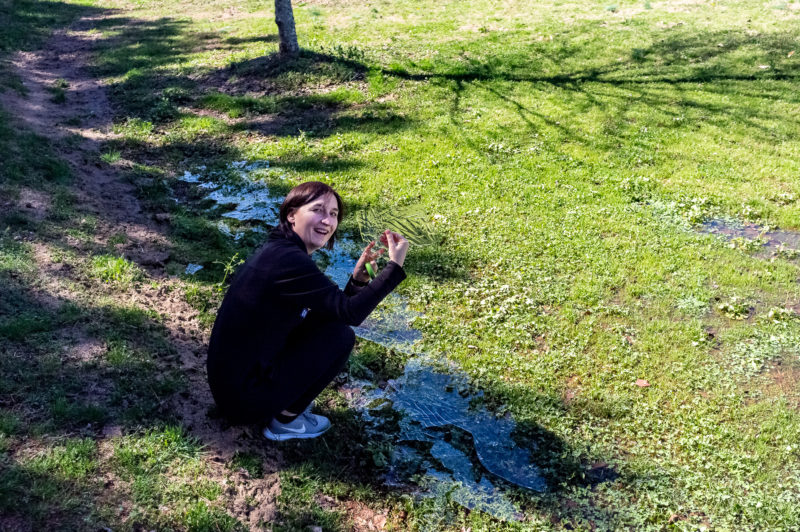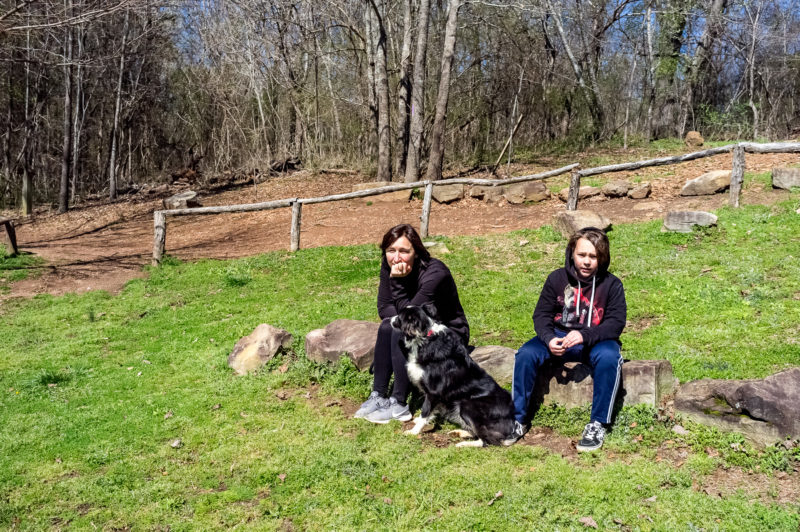I’m still working my way through Trent Horn’s Hard Sayings: A Catholic Approach to Answering Bible Difficulties. I encountered two passages this evening that just left me shaking my head.

The first was about Lot’s behavior in Genesis 19:
The two angels arrived at Sodom in the evening, and Lot was sitting in the gateway of the city. When he saw them, he got up to meet them and bowed down with his face to the ground. 2 “My lords,” he said, “please turn aside to your servant’s house. You can wash your feet and spend the night and then go on your way early in the morning.”
“No,” they answered, “we will spend the night in the square.”
But he insisted so strongly that they did go with him and entered his house. He prepared a meal for them, baking bread without yeast, and they ate. 4 Before they had gone to bed, all the men from every part of the city of Sodom—both young and old—surrounded the house. They called to Lot, “Where are the men who came to you tonight? Bring them out to us so that we can have sex with them.”
Lot went outside to meet them and shut the door behind him and said, “No, my friends. Don’t do this wicked thing. Look, I have two daughters who have never slept with a man. Let me bring them out to you, and you can do what you like with them. But don’t do anything to these men, for they have come under the protection of my roof.”
“Get out of our way,” they replied. “This fellow came here as a foreigner, and now he wants to play the judge! We’ll treat you worse than them.” They kept bringing pressure on Lot and moved forward to break down the door.
But the men inside reached out and pulled Lot back into the house and shut the door. Then they struck the men who were at the door of the house, young and old, with blindness so that they could not find the door.
How can Lot be considered righteous when he offered his daughters up to be raped?

Trent explained it, in part, thusly:
Lot’s righteousness is also seen in his hospitality toward strangers, which was a sacred duty in ancient Mesopotamia. In a time when you couldn’t go to a department store for clothes or check in at a motel when you needed shelter, the kindness of strangers could mean the difference between life and death. Lot understood that anyone who slept outside in Sodom was in grave danger of being attacked. Therefore, he offered the city’s visitor’s shelter and wouldn’t take no for an answer.
That, I admit, is at least somewhat reasonable. It seems to be the bare minimum as far as morality goes, but it’s at least a step in a good direction.

But what about Lot’s offer to give the crowd his daughters to be raped? How can that be justified? Surely it can’t.

But that doesn’t stop Horn from trying. The very next sentence:
Even Lot’s misguided decision to offer his daughters to the mob can be seen as an act of hospitality meant to protect the guests dwelling under his roof.
Go back and reread that sentence.

It’s unlikely you’ve ever read apologetics so preposterous. It’s hard to take this book seriously after reading that.
Yet the second passage that floored me this evening makes it clear that the book is not even meant for me, however seriously (or not) I take it.

Horn closes one chapter with a quote from Karl Keating:
The Bible appears to be full of contradictions only if you approach it in the wrong way. If you think it is supposed to be a listing of theological propositions, you won’t make heads or tails of it. If you think it is written in literary forms you’re familiar with, you’ll go astray in interpreting it. Your only safe bet is to read it with the mind of the Church, which affirms the Bible’s inerrancy. If you do that, you’ll see that it contains no fundamental contradictions because, being God’s word inspired, it’s wholly true and can’t be anything else.
I have so many issues with this that I don’t know where to begin.

First, I take umbrage with the assertion that there are only three options to approaching the Bible:
- reading it as “a listing of theological propositions”
- reading it assuming “it is written in literary forms you’re familiar with”
- “read[ing] it with the mind of the Church”
None of these approaches accurately describe how I’m reading it. I’m reading it with the claim that it is the word of a god firmly in my mind and then seeing what kind of god appears in its pages.

What Keating (and by quoting him, Horn) is suggesting is that we first assume that the Bible is the word of the Christian god, read and interpret the Bible as the Catholic church instructs, and that will clear up all our difficulties. I’ve never seen such an obvious, almost-celebrated example of begging the question in my life.

And it’s that notion that makes it clear that I am not the intended audience of this book. This book is not intended to respond to skeptics’ concerns; this book is for Catholics who’ve discovered those skeptics and are starting to have doubts. Thus Horn is leaning heavily on his shared assumptions with his audience. He knows that they, at one point or another, at least gave lip service to the proposition that the Bible is inerrant. He’s just calling them back to that notion. He even once admitted that he’s not trying to answer these objections but simply to show that there are possible answers out there. Well, sure, there are possible answers out there, but they’re not terribly convincing — unless you’re a believer starting to feel pulled under by doubt, then they’re a lifeline.
0 Comments